Many believe the world of wizardry to be nothing but fantasy and folklore. However, The Grey School of Wizardry’s Provost Nicolas Kingsley says wizards have been among humanity’s differing cultures for thousands of years and will continue to be for thousands more. A wizard being someone who devoutly strives for wisdom and passes down the knowledge to members of their community to help them.
The Grey School of Wizardry launched online in 2004 and has thousands of classes available for students in 16 different fields of study for the price of $300 a year. Kingsley, originally from Salem, Oregon, has been an instructor at the Grey School since 2017 but was a student there in his younger years.

He became provost of the school in 2019 when he purchased “Highspire” in Whitehall, New York, and it became his home and a physical campus for the Grey School. Kingsley is now 28 years old and has been working on turning Highspire into a sanctum of study and wisdom.
When Kingsley was ten years old, he was in a bookstore with his grandfather, who suggested the Grimoire for the Apprentice Wizard, written by the Grey Schools headmaster Oberon Zell-Ravenheart, to him saying “‘You know, the world could use a few more wizards.’ It was just that. It was such a little thing…And I thought, yeah, I could be a wizard.”
Kingsley describes wizardry as “a trade of the mind.” He says the three main stages of wizardry are the apprentice and the journeyman, which can be achieved at the Grey School, and the master. “It is very much a pursuit of the sort of philosophical insight that you’re able to gather from the world around you, from your own experiences and from the experiences of others,” says Kingsley. Wizardry takes the difficulties we face and looks at them from the lens of learning. “It is a philosophical pursuit where we… try our best to take our experiences and transform them into meaningful lessons that can be given to others,” says Kingsley.
A quote that Kingsley returns to often is “The difference between a rock and a stepping stone, is how it’s used.”

“So you can take these moments of difficulty or trial through examination and introspection and sort of really looking at it from as many angles as you can, you can begin to develop a lesson out of these things and this lesson can be shared with others so that they maybe don’t fall in the same places you have,” says Kingsley. “We have all these different friends because it is the community which has power, and so as wizards build their power, really what they’re doing is building up the people around them.” For a wizard, “community is the secret sauce.”
“I’m a big believer in helping others and doing what you can to be as instrumental to the preservation of energy as possible. Does that always mean I’m the nicest person? No, I don’t think I’m always nice, but I do always try to act out of kindness. I think kindness should be the motivator behind all your actions,” says Kingsley.
He says the very first step in the journey of wizardry is knowing yourself and understanding the introspective journey you take in life. “Every action you take should be known. You shouldn’t do things without knowing what motivated them. Maybe in the moment you don’t necessarily recognize the deeper intrinsic meanings behind what you’ve done, but you do have a sense of purpose behind your action. No action is mindless or meaningless,” says Kingsley. Once you have a solid inventory of what you believe and why, you have to decide what you want to be and how you will be structured in it.
With the rise in popularity of pagan and metaphysical practices on social media, people have generally been more accepting of wizardry in recent years than they have before. “I find it when you have a sit down conversation with people, and you’re able to explain, well, my whole trade is about being wise,” people are more understanding and a more common ground can be established.
People often mistake wizardry to be strictly practicing the art and science of magick. However, Kingsley says wizardry is a secular vocation. A wizard understands magick and may practice it if they feel like doing so, but it is not required to be a wizard. “I think a lot of wizardry is understanding science is magick in many ways,” says Kingsley.
“Magick probably doesn’t exist in the way that we generally think about it,” says Kingsley, “…but magick is sort of an umbrella term, and it can be defined down into three models of action,” being spiritual, psychological and resonance. Spiritual magick refers to interactions with an incorporeal force or entity that is called upon in order to achieve a task. Psychological magick affects the perception of things from the mind such as placebo.
Lastly, the resonance model, being as Kingsley says “more classical in its understanding of stacking resonances or stacking correspondences in a spell to achieve a desired effect,” like working off of vibrations and creating a sort of butterfly effect.
“But what I think is important as we explore the deeper mysteries of the cosmos and explore the deeper mechanisms to things is to not lose sight of their meaning as well as their mechanics,” says Kingsley. “I don’t believe [magick] can make things 100% guaranteed or increase a chance from zero. If something isn’t possible, you can’t make it possible.” He continues saying, “Magick also has to operate within the rules of the world as we know it, but that doesn’t mean we know everything about the world.”

“We are really living in an age of magick. And so now that we are in this age of magick, and we have all of this powerful sort of refined elemental power around us through technology and electronics, well, we now have the perspective necessary,” Kingsley says, “I think, to begin looking back at other practices,” and explore why this phenomena happens and why these mechanisms seem to be so successful and the deeper physics of magick.”
“What I think has been that thing that kept me a wizard is the success it brings, and it’s a nice kind of success… I’d say that many forms of success are competitive in nature, but the success that I enjoy is a direct consequence of seeing the people I care about do well. You know I think that’s a very wealthy way to live. And to be able to say well how do you become successful? I become successful because I’ve been able to help the people around me be better versions of themself,” says Kingsley.
“I’ve never been anything but a wizard.” says Kingsley.
Kingsley says wizardry has given him a sense of purpose and “I think it has also granted me an amazing set of tools to tackle some very difficult questions with,” says Kingsley.
Kingsley says even if the trade of wizardry isn’t for you, if you take the principles and philosophy of helping and being of service to others and “apply that to the you you wish to be, I think you would make the world a better place.”
For more information on Provost Nicolas Kingsley, you can visit his website, Instagram or Facebook.









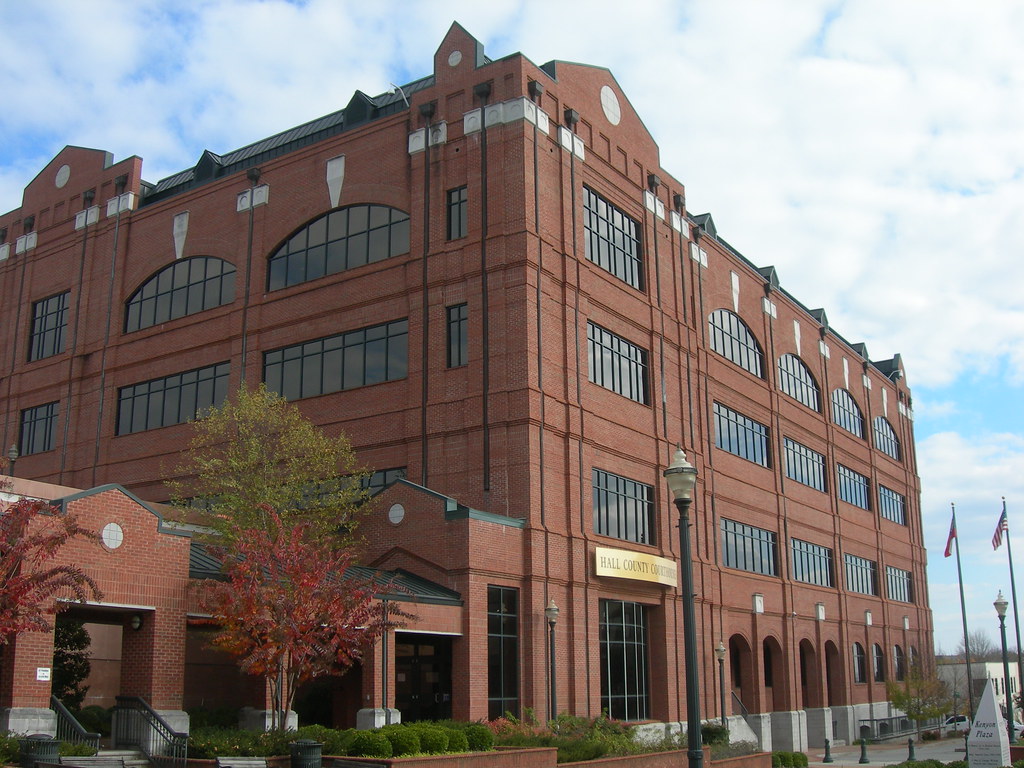
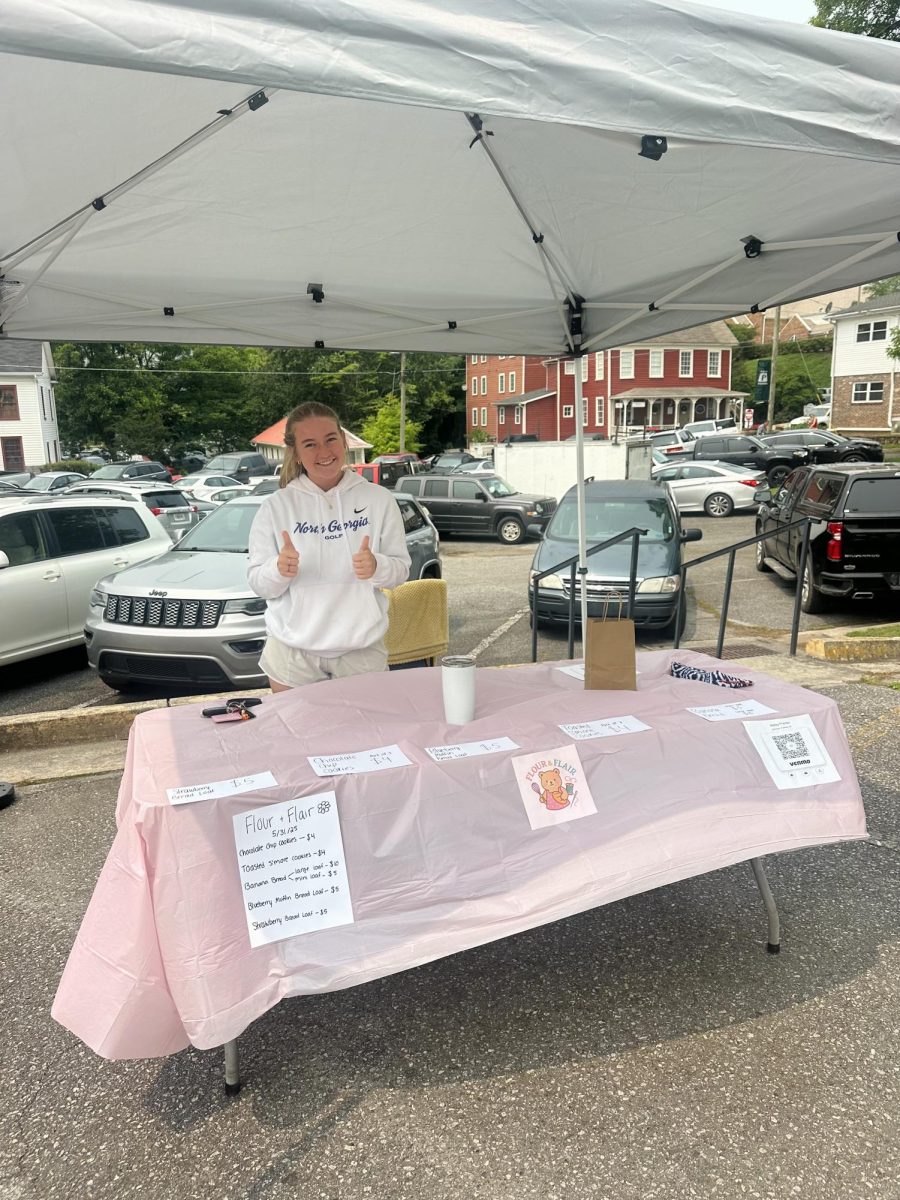
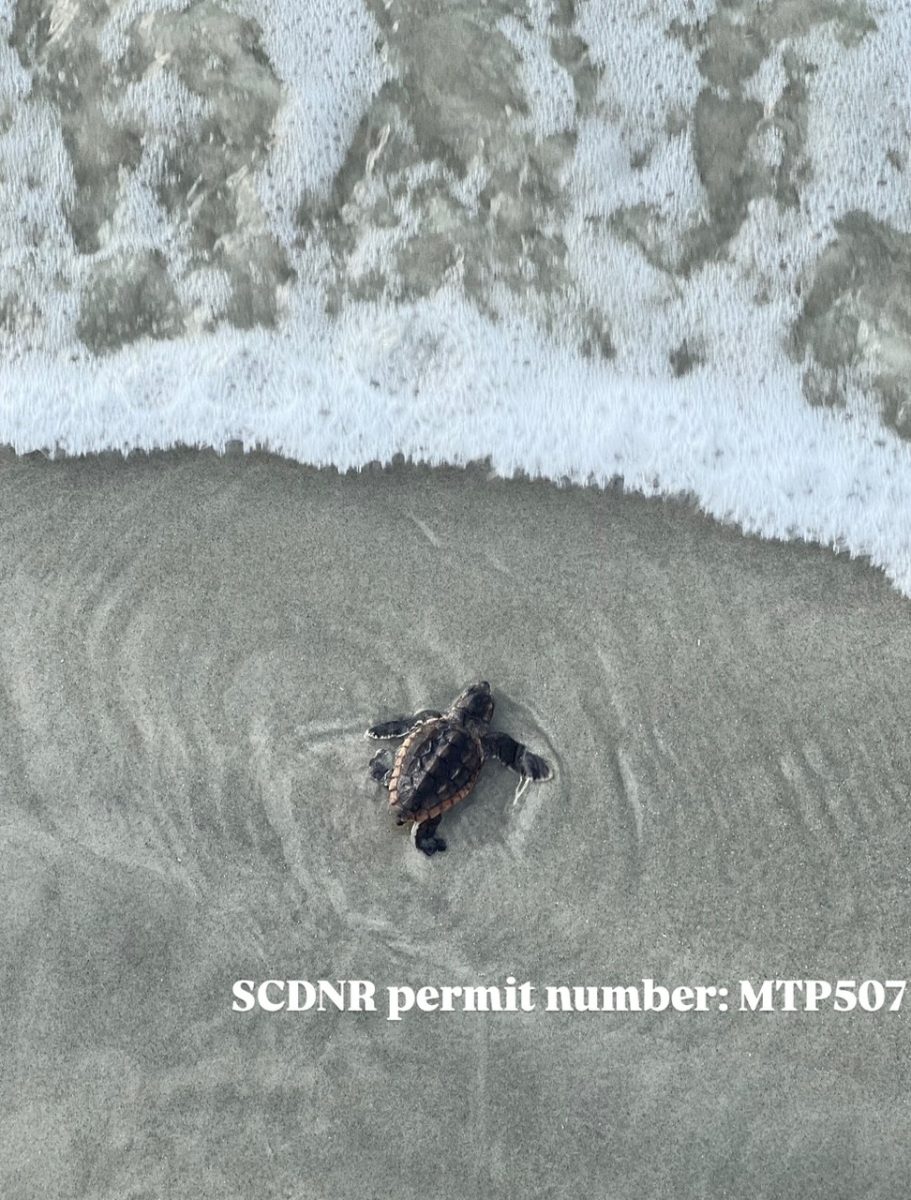
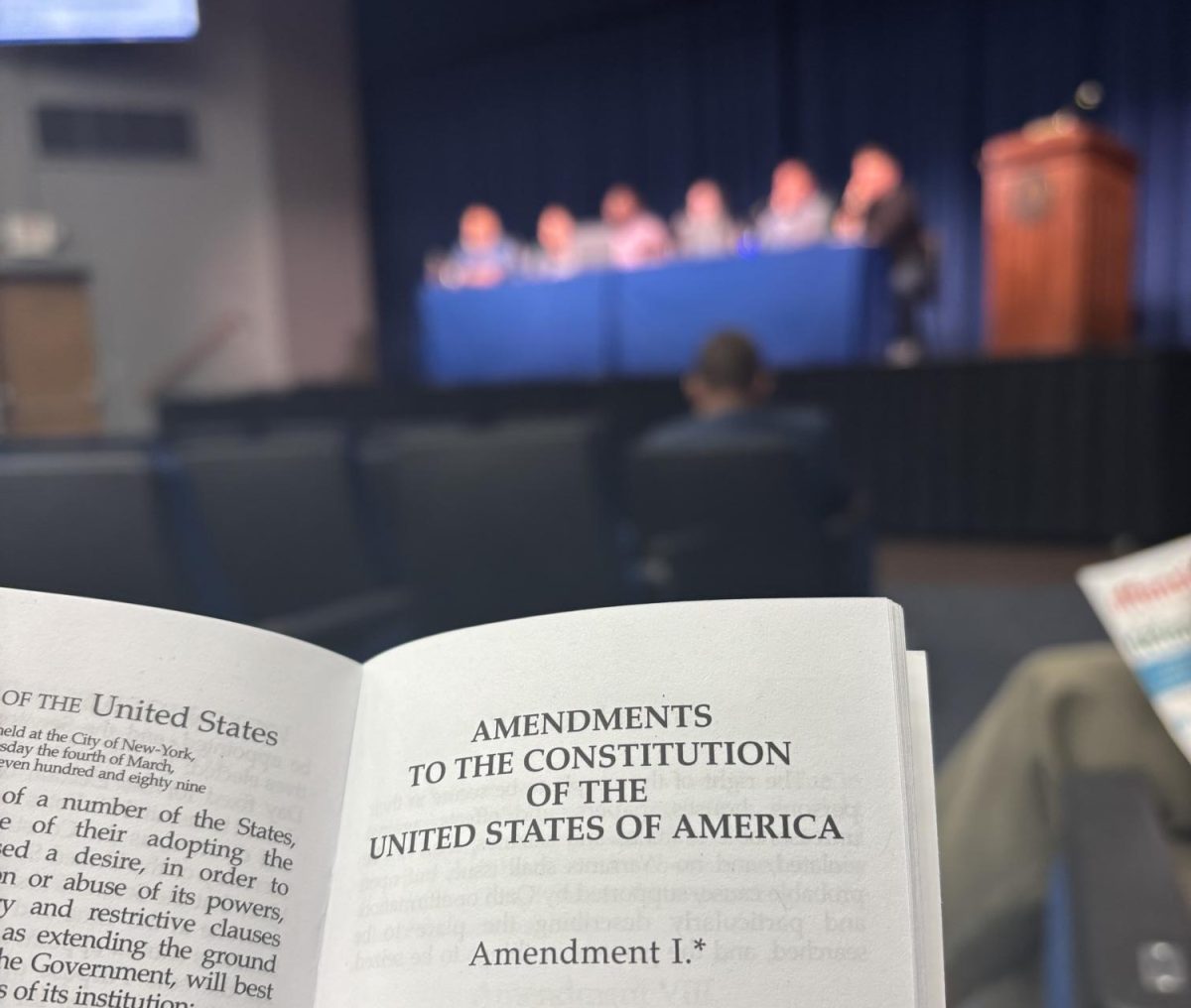
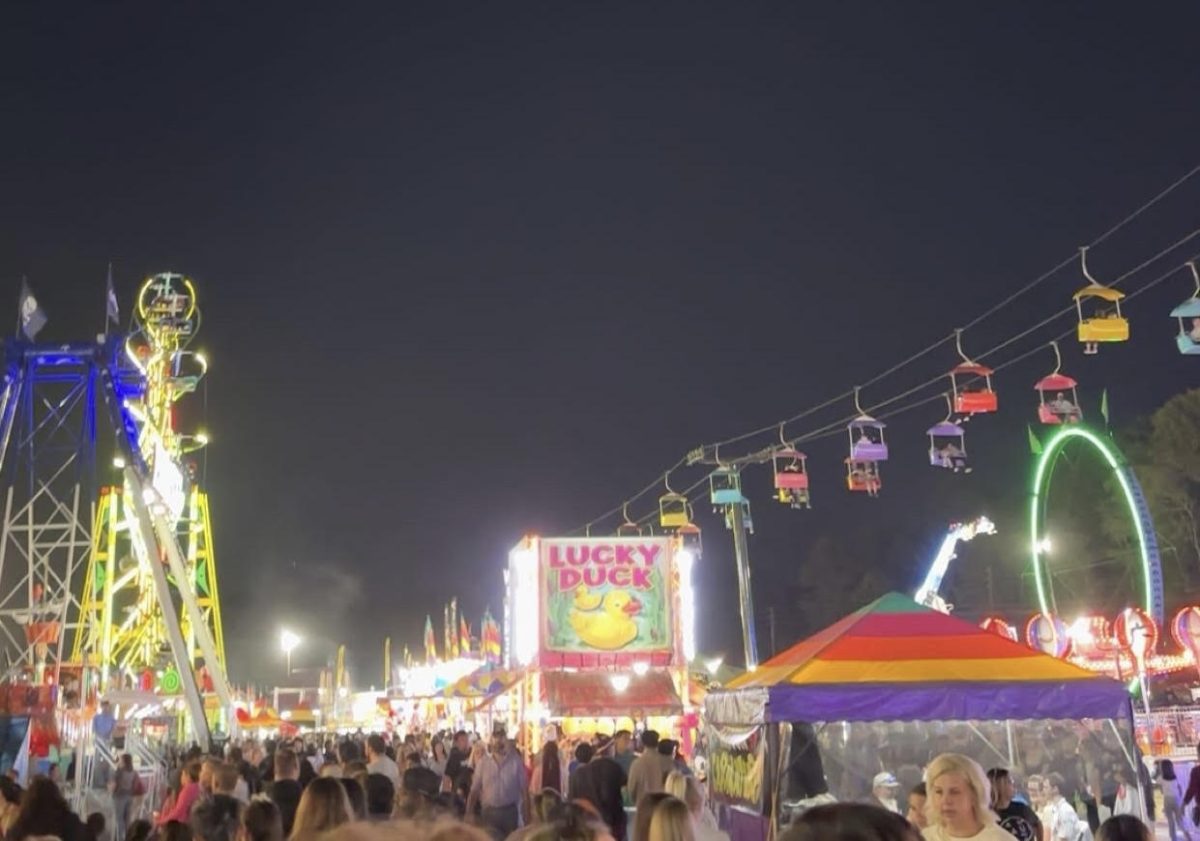








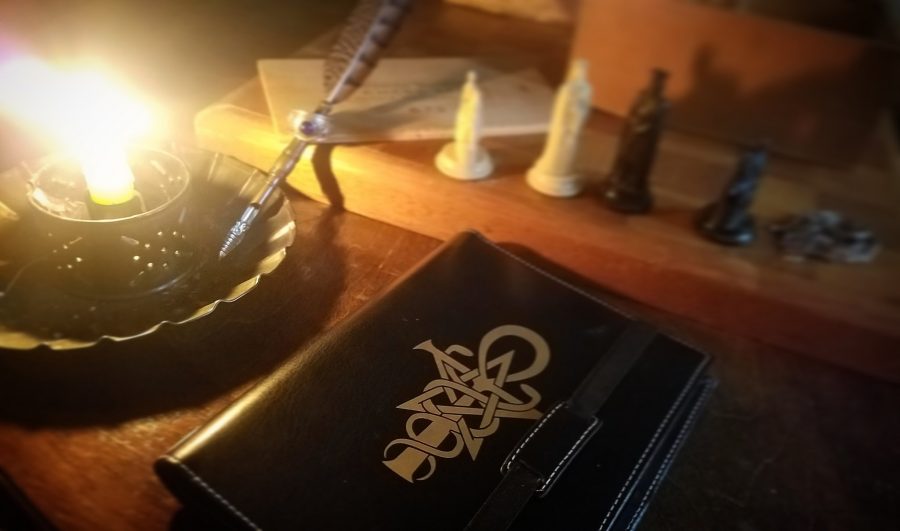
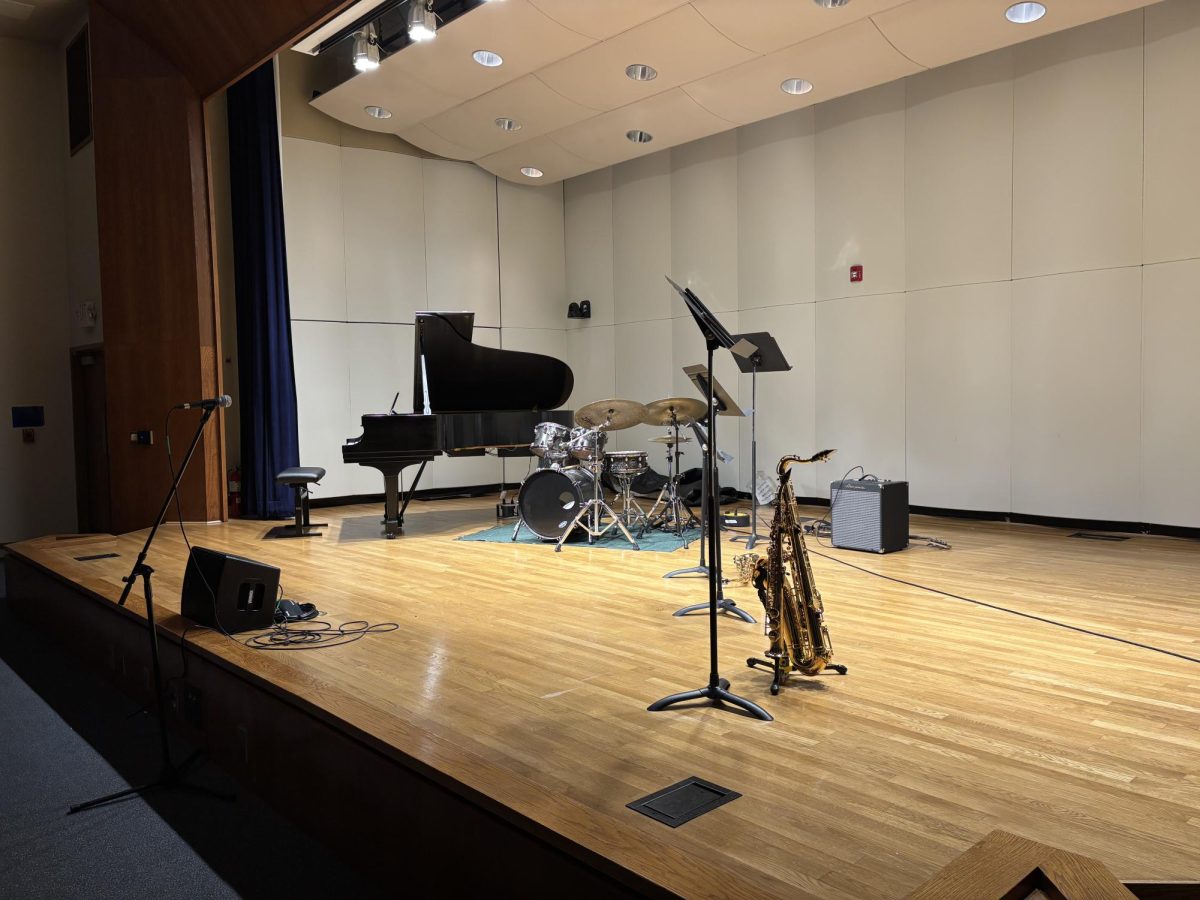
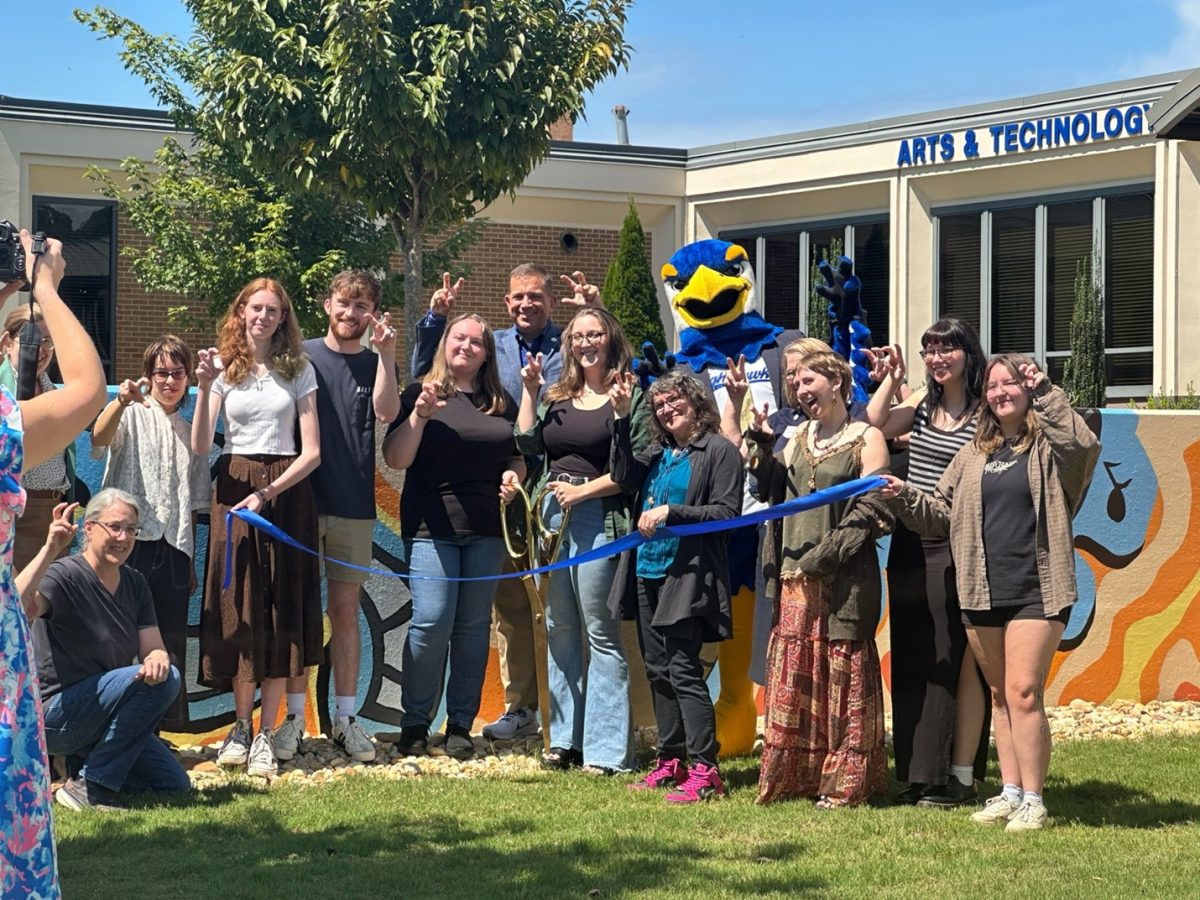
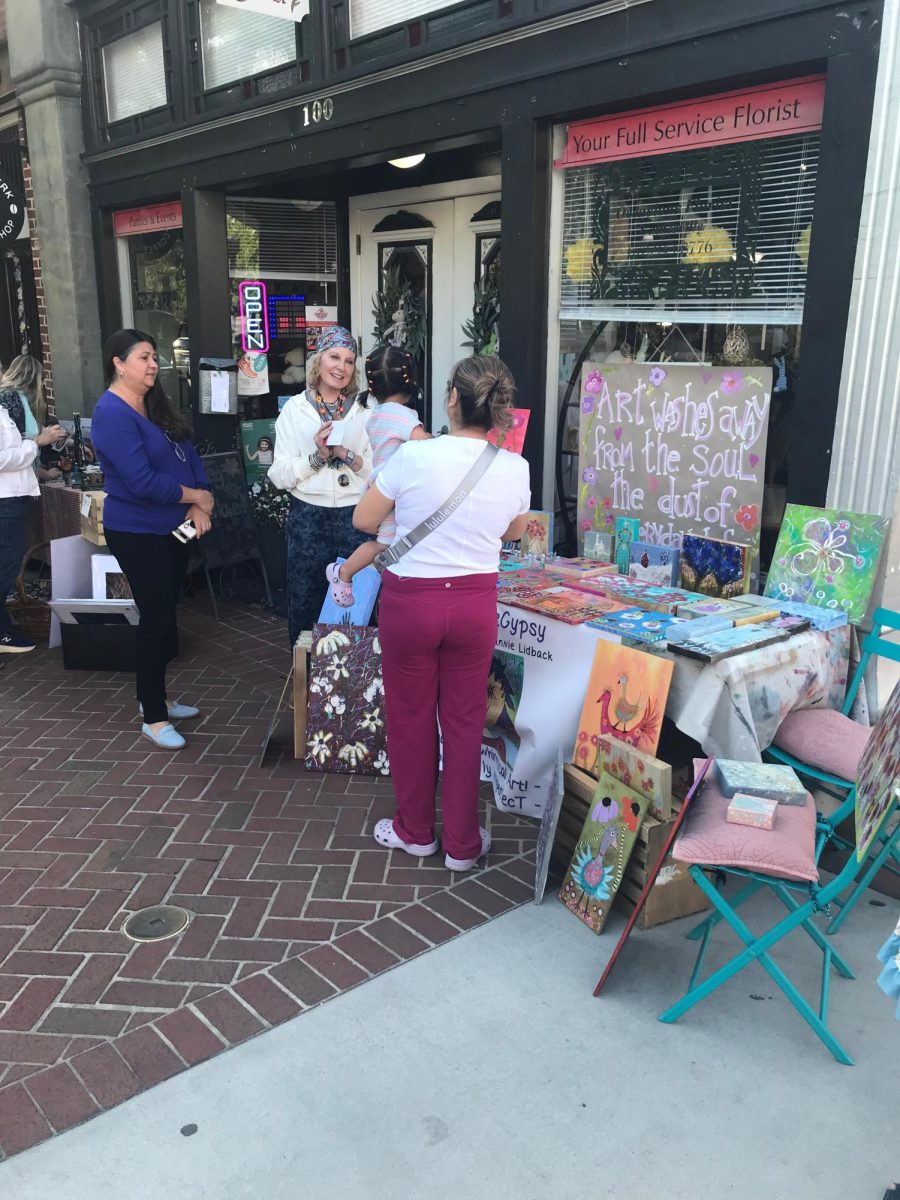
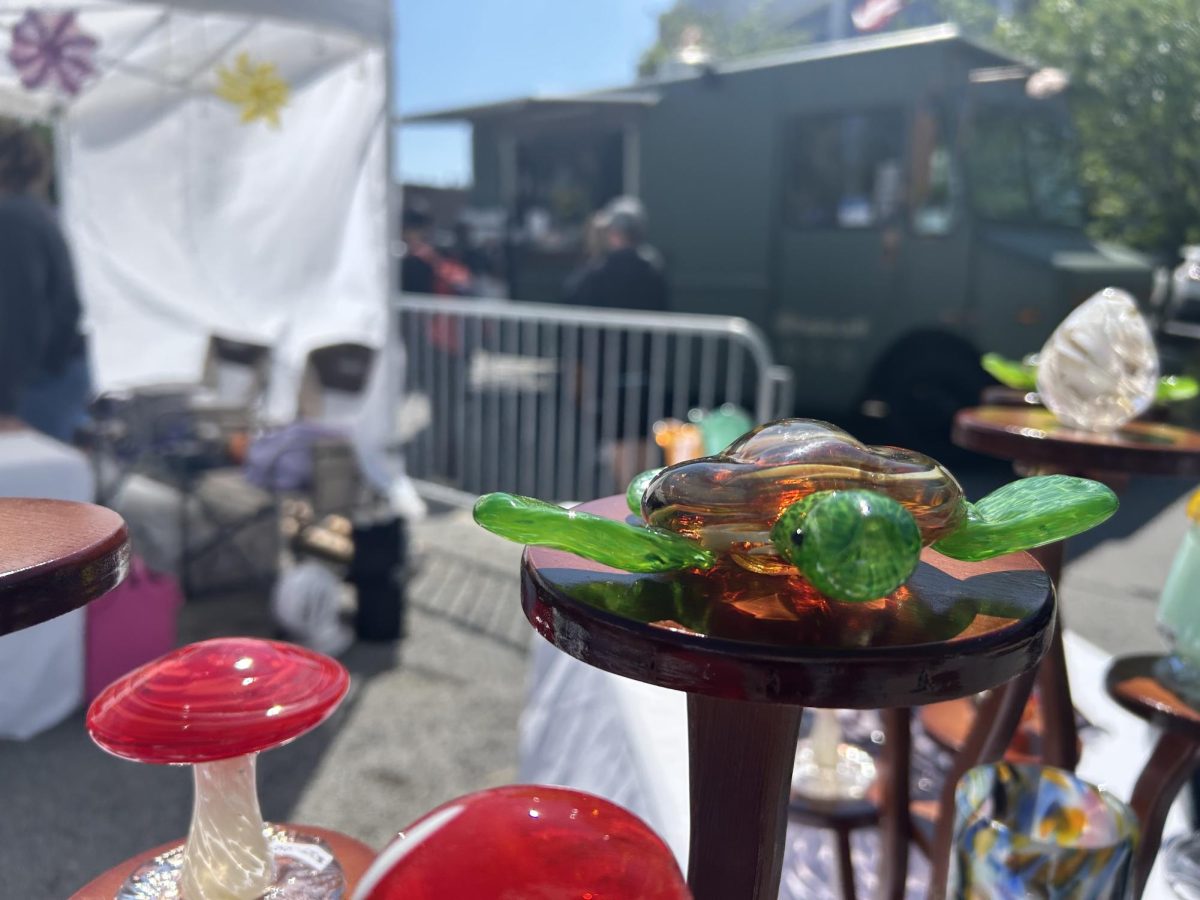
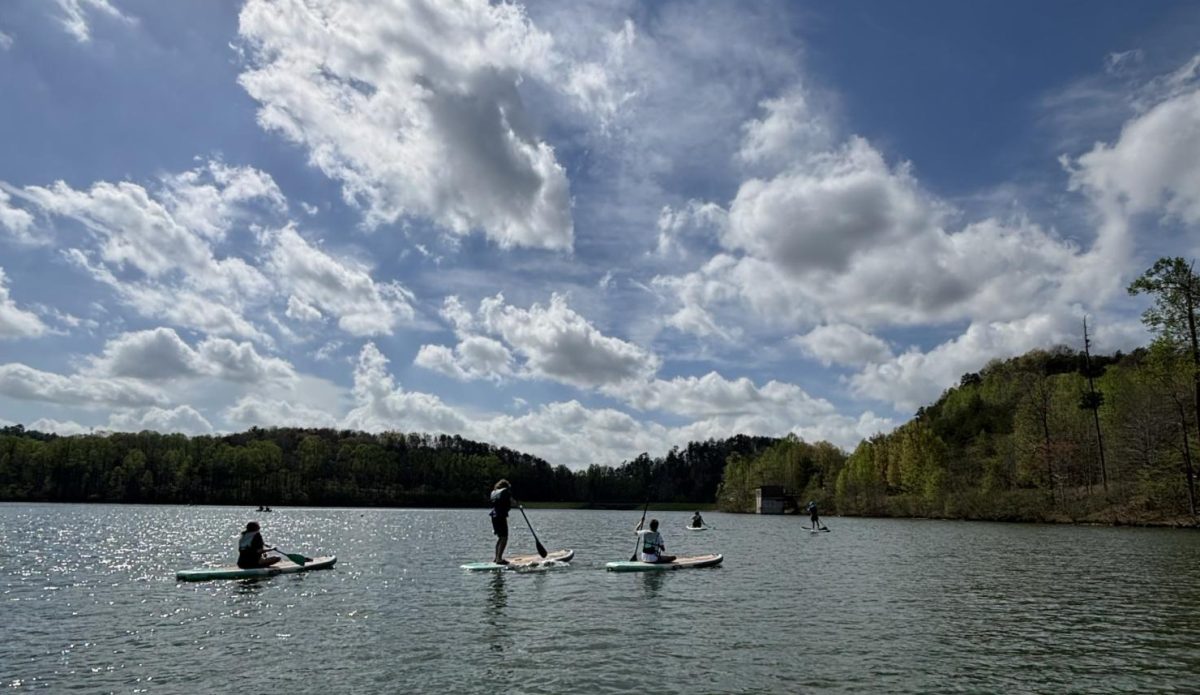
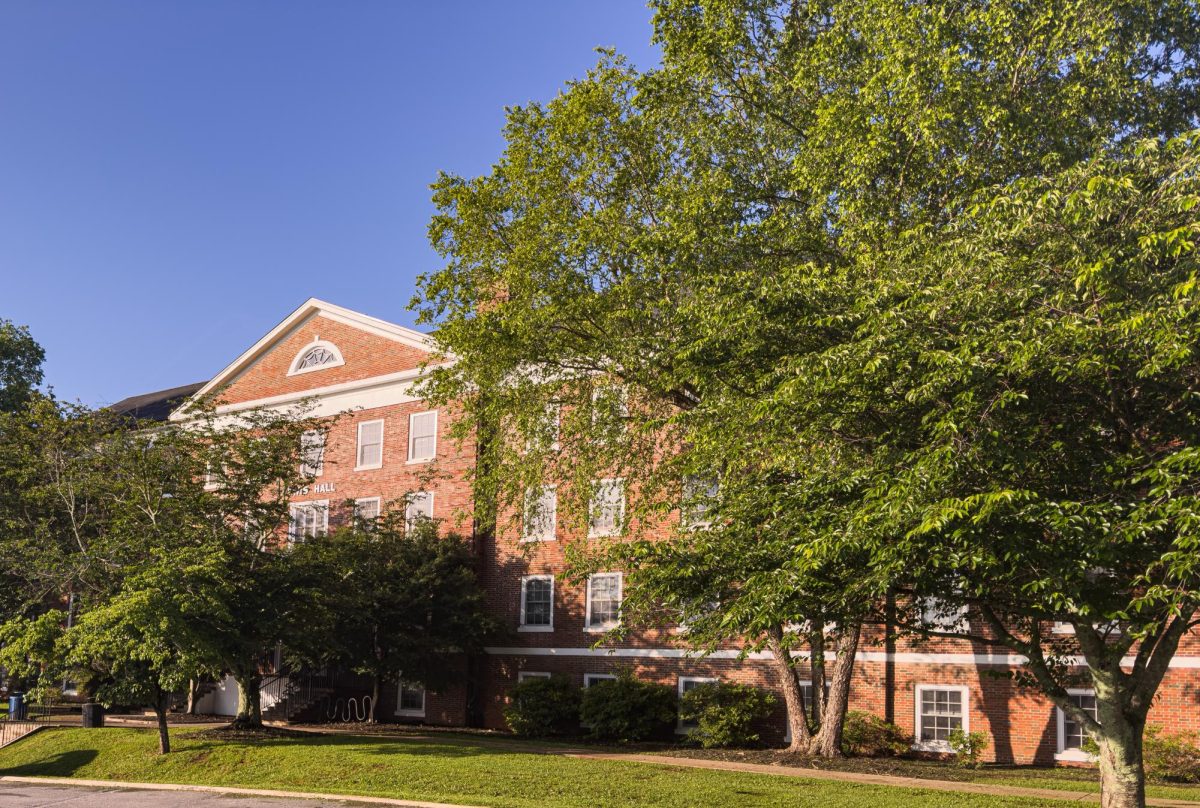
Cosmo Rubiconis • Apr 29, 2022 at 12:28 am
Wonderful article; wholeheartedly agree.